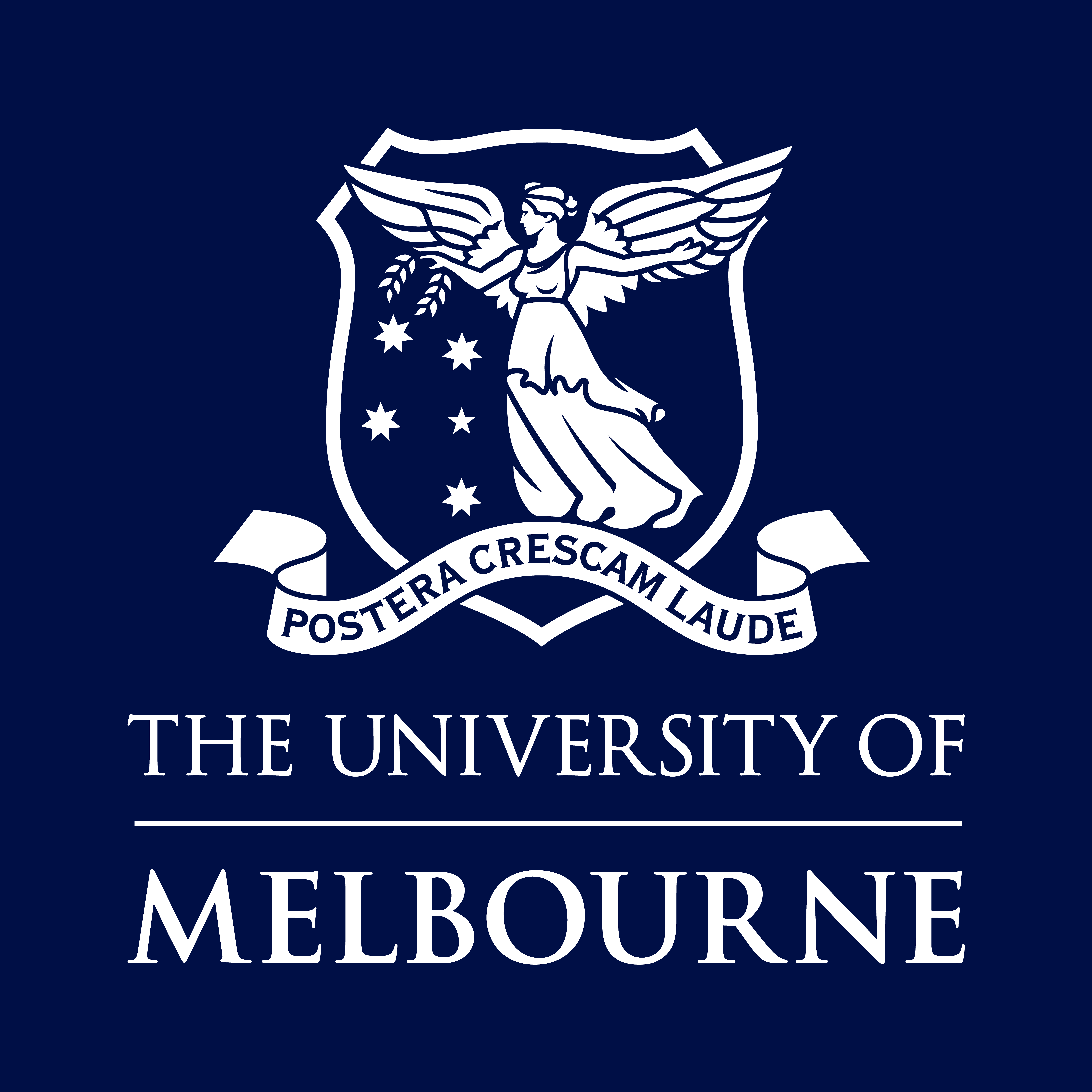Refine results
Level of study
Location
Study Mode
Field of study

Bachelor of Human Sciences and Master of Biomedical Science
- Crawley
- 4 years full-time
- ATAR: 90 or above

Bachelor of Biomedical Science (Honours)
- Crawley
- 1 years full-time

Master of Biomedical Science
- Crawley
- 2 years full-time
- Tuition fees: $65,000

Bachelor of Molecular Sciences and Master of Biomedical Science
- Crawley
- 4 years full-time
- ATAR: 90 or above

Bachelor of Biomedical Science
- Albany Centre | Also at 1 other campus
- 3 years full-time
- ATAR: 80 or above

Master of Biomedical Science
- Parkville
- 2 years full-time
- Tuition fees: $84,000

Bachelor of Music and Bachelor of Biomedical Science
- Crawley
- 4 years full-time

Bachelor of Modern Languages and Bachelor of Biomedical Science
- Crawley
- 4 years full-time
- ATAR: 82 or above

Master of Biological Science
- Crawley
- 2 years full-time

Master of Clinical Science
- Crawley
- 2 years full-time
- Tuition fees: $64,400